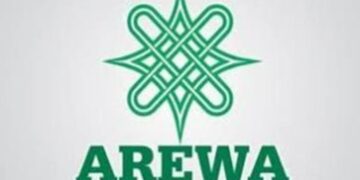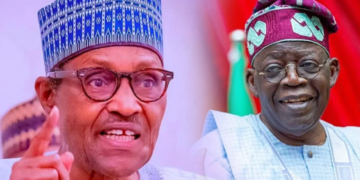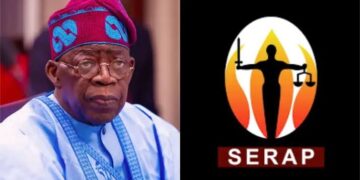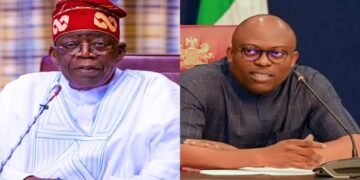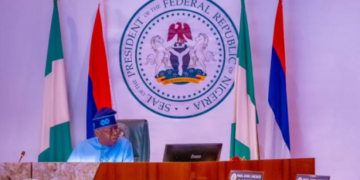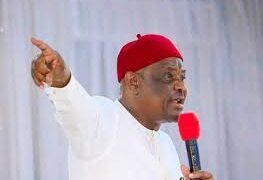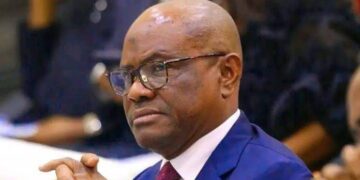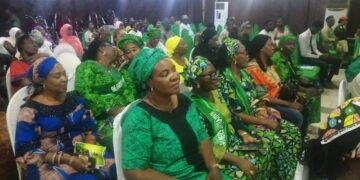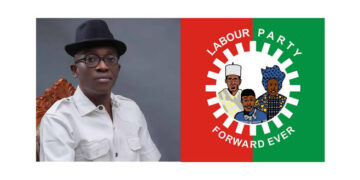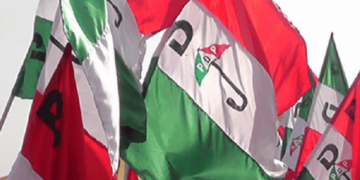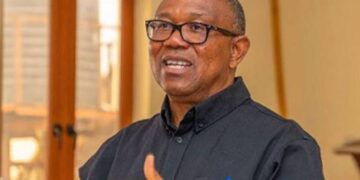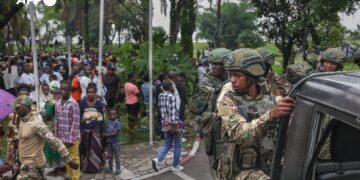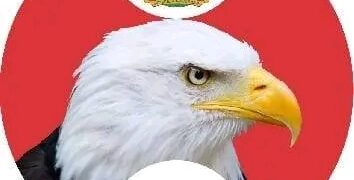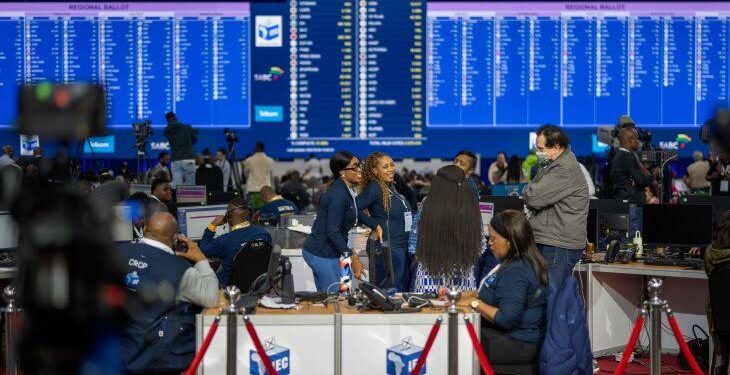For the first time in South Africa’s democratic era, the African National Congress , ANC, will have to seek a coalition partner to govern with after it fell short of securing majority votes n the national election.
With results from over 60% of polling stations, the ANC had just under 42% of votes, by far its worst result since democratic elections began after the end of apartheid in 1994 and leaving it short of a majority in parliament.
Some political analysts told the Reuters this could lead to party leader and South Africa’s President Cyril Ramaphosa having to step down.
Over the past four electoral cycles the ANC’s share of the vote gradually dropped, but never by more than five percentage points from one election to the next.
If the vote share of 42% or below is confirmed, the party could seek to oust Ramaphosa as its leader and nominate another high-profile politician such as Deputy President Paul Mashatile or Gwede Mantashe, currently in charge of the mines and energy ministry, to the National Assembly to elect as South African president.
A more probable scenario could see Ramaphosa carry on for a while to broker a coalition deal with another party in a bid to secure a parliamentary majority and then hand over to a successor, analysts say. Asked on Friday whether Ramaphosa would have to resign after the dismal election result, ANC First Deputy Secretary-General Nomvula Mokonyane said: “Nobody is going to resign.”
In any case, the ANC needs to move quickly as the constitution says the new National Assembly must convene within 14 days of the election results being declared, which is due to happen on Sunday, to elect a new president.
WHO ARE THE POTENTIAL COALITION PARTNERS?
Depending on the final numbers, the ANC may have no choice but to seek support from one of its larger rivals: the pro-business, white-led Democratic Alliance (DA), uMkhonto we Sizwe (MK), led by former president Jacob Zuma, or the Marxist Economic Freedom Fighters (EFF).
The price of a deal with either of those would likely be significant policy concessions by the ANC, as well as the offer of some senior government positions for their partner.
Analysts say it is difficult to envisage a stable arrangement under this scenario, and South Africa could be facing a period of unprecedented government volatility.
Investors and the business community would prefer a deal with the DA, which has received 23% of votes counted so far, and is seen as more market-friendly.
However, many analysts think the ideological divide between the ANC and the leading opposition party is so wide as to make such a deal difficult, if not impossible.
Credit: Additional report from the Reuters

